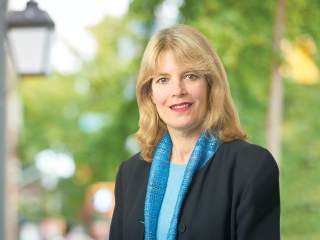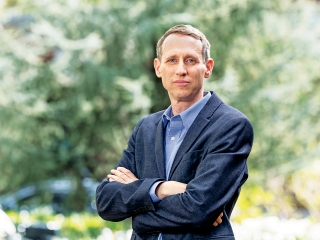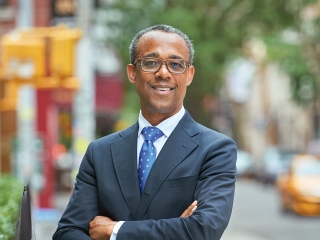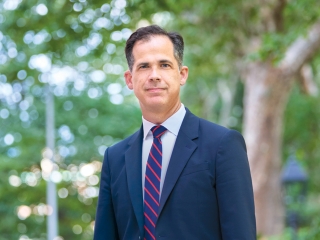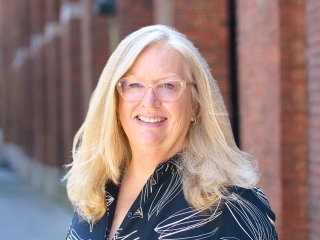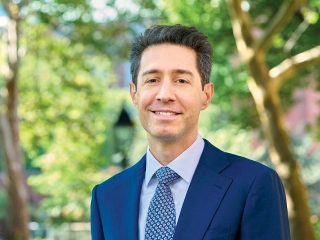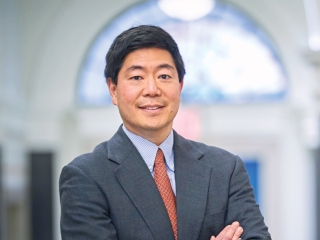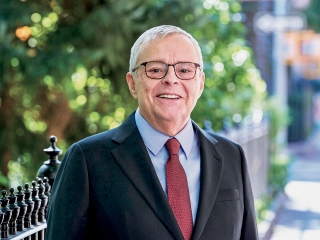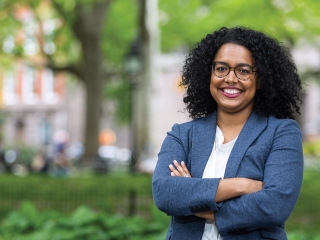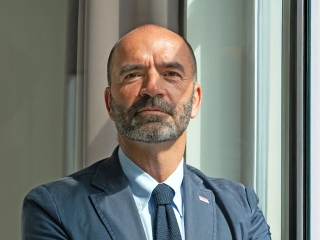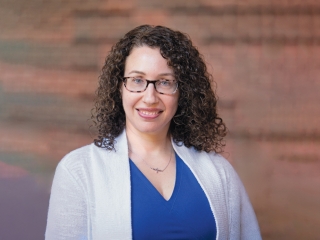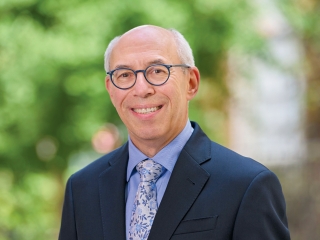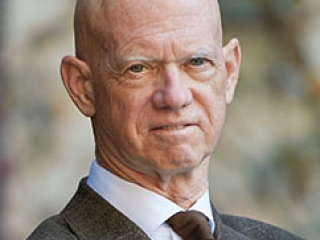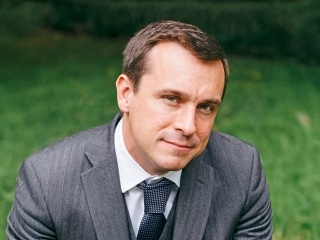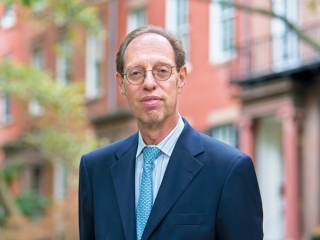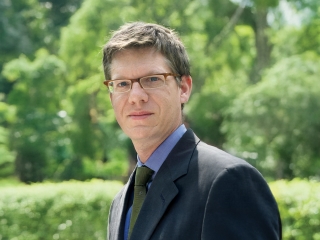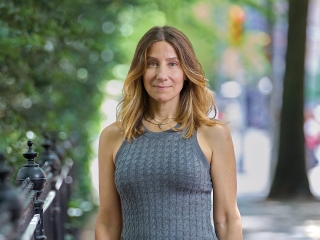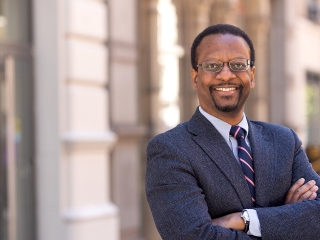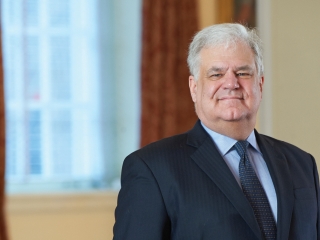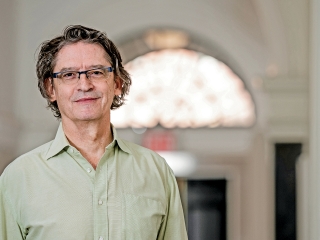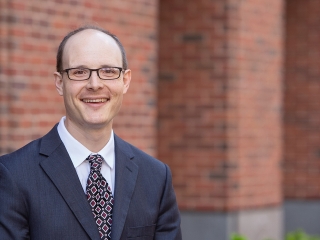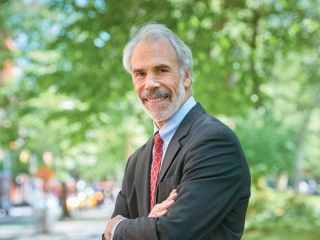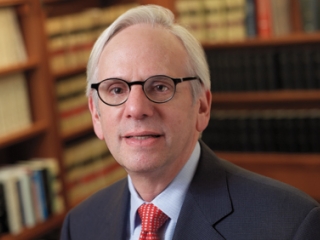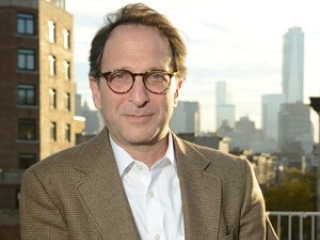Corporate & Commercial Law

Overview
Students can begin honing expertise early: Corporations is offered as a 1L elective, positioning students to pursue advanced courses at the Law School and at NYU’s Stern School of Business in their second year. Corporate and commercial law students also benefit from a number of distinctive transactional law and business courses, which analyze how real-life transactions are structured and negotiated. Thanks, in part, to the Law School’s location in one of the world's financial centers, leading practitioners are frequent guests in these and other classes, and regularly participate in lectures and events held by the Pollack Center for Law & Business, a joint venture with Stern, which is one of many intellectual hubs for those with corporate and business interests.
NYU is notable for its strength in international business law, including cross-border transactions, dispute resolution and regulation. The faculty also has expertise in financial institution regulation, corporate compliance, and corporate criminal enforcement—areas in which the market for lawyers is rapidly expanding. The Program on Corporate Compliance and Enforcement is a law and policy program dedicated to developing a richer and deeper understanding of the causes of corporate misconduct and the nature of effective enforcement and compliance. NYU Law claims some of the nation’s preeminent faculty in commercial law and bankruptcy; their interests include the theory of contract law, consumer credit, contracts and privacy issues in the online world, and limits of the powers of bankruptcy courts. Several well-respected former judges are also part of our faculty, including Arthur Gonzalez LLM ’90.
The Jacobson Leadership Program is a comprehensive academic program for exceptional students with an interest in pursuing high-level careers in law and business. Several combined degrees and certificate programs are offered, including a JD/MBA, JD/MA, or PhD in Economics, business-oriented LLM degrees, as well as an Advanced Certificate in Law and Business.
The intellectual life at NYU Law benefits from the collection of centers invested in researching commercial and corporate law from various perspectives. Our centers and programs host regular events throughout the academic year and often provide additional opportunities for students to get involved in their work:
- Pollack Center for Law & Business
The Pollack Center for Law & Business, a unique shared venture between NYU School of Law and the Leonard N. Stern School of Business, is designed to enrich the professional education of students of law and business and to facilitate joint teaching in order to involve leaders in banking, business, and law in the intellectual life of the University.
- Program on Corporate Compliance and Enforcement
The Program on Corporate Compliance and Enforcement is a law and policy program dedicated to developing a richer and deeper understanding of the causes of corporate misconduct and the nature of effective enforcement and compliance.
- Institute for Corporate Governance and Finance
The Institute for Corporate Governance and Finance seeks to understand corporate governance in a world of activist shareholders and institutional investors and to encourage the development of institutional investors as a responsible force in corporate governance.
- Center for Financial Institutions
The Center for Financial Institutions was established to study the nature and operations of the central banks established by more than 170 nations.
- Center for Law, Economics, and Organization
The Center for Law, Economics, and Organization promotes interdisciplinary research and teaching in law and economics.
- Intesa Sanpaolo Center for Transnational Litigation, Arbitration, and Commercial Law
The Intesa Sanpaolo Center for Transnational Litigation, Arbitration, and Commercial Law advances the study and practice of international business transactions and the way to solve related disputes either through litigation or arbitration.
- Grunin Center for Law and Social Entrepreneurship
The Grunin Center for Law and Social Entrepreneurship is advancing a global movement that creates new ways for law and lawyers to drive positive change in the world. The mission of the Grunin Center is to enhance the community of lawyers and legal institutions engaged in social entrepreneurship and impact investing and to accelerate their effective participation in these fields.
- Jacobson Leadership Program in Law & Business
The Jacobson Leadership Program in Law & Business is addressed to those students who aspire to a non-traditional career path that requires intensive training grounded in legal and business curricula. Graduates of the program will be equipped with the professional training that will enable them to take on leadership roles here and around the world.
- Journals
NYU Law is home to the student-run Journal of Law & Business and the Transnational Notes blog, hosted by the Center for Transnational Litigation, Arbitration, and Commercial Law.
At NYU Law, students are encouraged to take advantage of all the Law School has to offer, from working directly with faculty on their research, to getting involved with our centers, to participating in clinics and student organizations. Students seeking career opportunities should consult with the Office of Career Services, which offers recruiting programs, panels and workshops, practice interview programs, and individual counseling sessions, for help throughout the search. The Judicial Clerkship Office can help, too, if you are interested in working in a specialty court that focuses on corporate and commercial law. Here are some further opportunities for those specifically interested in this area of study:
Clinics
Business-related clinics include the Business Law Transactions Clinic and the International Transactions Clinic (for JDs and LLMs).
Student Groups
Student groups include the JD/MBA Association, the Law & Business Association, and the Social Enterprise & Startup Law Group.
Fellowships
- Pollack Center for Law & Business Research Fellowships
Pollack Center for Law & Business Research Fellowships
Both graduates and current students can find a range of opportunities to pursue their research interests with the Pollack Center for Law & Business. These include the Wagner Fellowship in Law & Business, a Professional Fellowship in Law & Business, the Post-Graduate Fellowship in Law & Business, and fellowships for current students.- Program on Corporate Compliance Enforcement Fellowship
Program on Corporate Compliance Enforcement Fellowship
These fellowships are awarded to students who are strongly interested in in-depth research on corporate crime or securities fraud.- Judge John J. Galgay Fellowships in Bankruptcy and Reorganization Law
Judge John J. Galgay Fellowships in Bankruptcy and Reorganization Law
Fellows clerk full-time during the summer months for a United States Bankruptcy Judge, engage in a research and writing project during the following academic year, and are provided opportunities to observe courtroom proceedings, meet with practitioners and gain insights into the practice of bankruptcy and reorganization law.- Lawrence Lederman Fellowship in Law and Economics
Lawrence Lederman Fellowship in Law and Economics
This program aims to foster student research in law & economics and to create an environment that fosters collaboration among students and faculty interested in law & economics. Fellows receive a $5,000 fellowship to write a research paper under the close supervision of a faculty member.- Law and Economics Fellowships
Law and Economics Fellowships
The Center for Law, Economics, and Organization has a post-graduate fellowship for students who have either obtained a JD or have obtained or nearly obtained PhD in Economics and have a strong interest in law. These fellowships are designed to support future legal academics interested in law and economics, broadly defined.- Jacobson Leadership Program in Law & Business
Jacobson Leadership Program in Law & Business
The fast-paced, multi-jurisdictional world of enterprise increasingly demands professionals with both legal and business skills. This program places students showing exceptional promise at the forefront of this convergence. The program is addressed to those students who aspire to a non-traditional career path that requires intensive training grounded in legal and business curricula. Graduates of the program will be equipped with the professional training that will enable them to take on leadership roles here and around the world.- NYU Fellowships in Entrepreneurship, Social Entrepreneurship, and Innovation
NYU Fellowships in Entrepreneurship, Social Entrepreneurship, and Innovation
These fellowships promote research and curriculum development in subjects related to legal issues in entrepreneurship, social entrepreneurship, and innovation.- Reynolds Foundation Graduate Fellowship in Social Entrepreneurship
Reynolds Foundation Graduate Fellowship in Social Entrepreneurship
The fellowship program includes $25,000 for each of two years of study and an intensive two-year curricular and co-curricular program designed to help prepare fellows to be the next generation of social entrepreneurs.
Graduate Degrees
NYU Law offers LLM degrees in Corporation Law and International Business Regulation, Litigation, and Arbitration.
Other Opportunities
The Entrepreneurship and Venture Capital program (formerly the Venture Fund) empowers selected student and alumni entrepreneurs with summer grants, summer internships, and equity investments.
Faculty
Lawrence King Professor of Law
Associate Dean, Information Systems and Technology
Norma Z. Paige Professor of Law
Director, Program on Corporate Compliance and Enforcement
Director, Center for Law, Economics and Organization
John Edward Sexton Professor of Law and Economics
Emilie M. Bullowa Professor of Law
Robert B. McKay Professor of Law
Professor of Law
Faculty Director of the Grunin Center for Law and Social Entrepreneurship
Catherine A. Rein Professor of Law
Bernard Petrie Professor of Law and Business
Director, Pollack Center
Beller Family Professor of Business Law
Faculty Director, Hauser Global Law School
Dwight D. Opperman Professor of Public Law
Director, Center for Labor and Employment Law
Director, Institute of Judicial Administration
Assistant Professor of Law
Clarence D. Ashley Professor of Law
Director, Intesa Sanpaolo Center for Transnational Litigation, Arbitration, and Commercial Law
Vice Dean, University Partnerships
Walter J. Derenberg Professor of Intellectual Property Law
Max E. Greenberg Professor of Contract Law
Senior Fellow
Nathalie P. Urry Professor of Law
Director, Jacobson Leadership Program in Law and Business
Co-Director, Institute for Corporate Governance & Finance
George T. Lowy Professor of Law
Gerald L. Wallace Professor of Taxation
Boxer Family Professor of Law
Faculty Director, NYU Law in Buenos Aires
Director, Jacobson Leadership Program in Law and Business
Co-Director, Center for Law, Economics, and Organization
Dean
Cecelia Goetz Professor of Law
Stuyvesant P. Comfort Professor of Law
Director, Center for Financial Institutions
Faculty Co-Director, Center on Civil Justice
Herbert Peterfreund Professor of Law and Professor of Philosophy
Professor of Law
Martin Lipton Professor of Law
Co-Director, Institute for Corporate Governance & Finance
Professor of Practice and Distinguished Scholar in Residence
Co-Director, Leadership Program on Law and Business
Faculty Director, Institute for Executive Education
Professor of Practice
Affiliated Faculty
Adjunct Faculty
Featured News

Catching Spills
Kevin Davis and Florencia Marotta-Wurgler ’01 examine the ripple effects of rigorous EU privacy laws.

A New Financial Landscape
NYU Law faculty and alumni have helped map and pioneer the movement toward sustainable investing.
My NYU Law
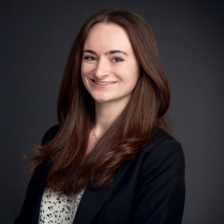
Mackenzie Harrigan ’26
“The skills I learned in Contracts were invaluable to my summer internship experience working at a commercial litigation firm and created a strong foundation to learn even more about this area of law through each new case to which I was assigned.”
Areas of Study
Get a sense of our academic specialties and the faculty that teach them—as well as the centers, colloquia, lectures, and student organizations that underscore them.
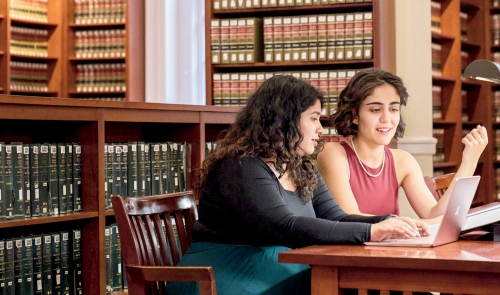
- Antitrust, Intellectual Property, & Information
- Cities & Land Use
- Constitutional, Civil Rights, & Democracy
- Corporate & Commercial Law
- Criminal Justice
- Environmental
- Family, Gender, & Sexuality
- Global & International
- Human Rights
- Immigration
- Labor & Employment
- Law and Security
- Legal Theory, History, & the Social Sciences
- Litigation & Procedure
- Regulation & Public Policy
- Taxation



